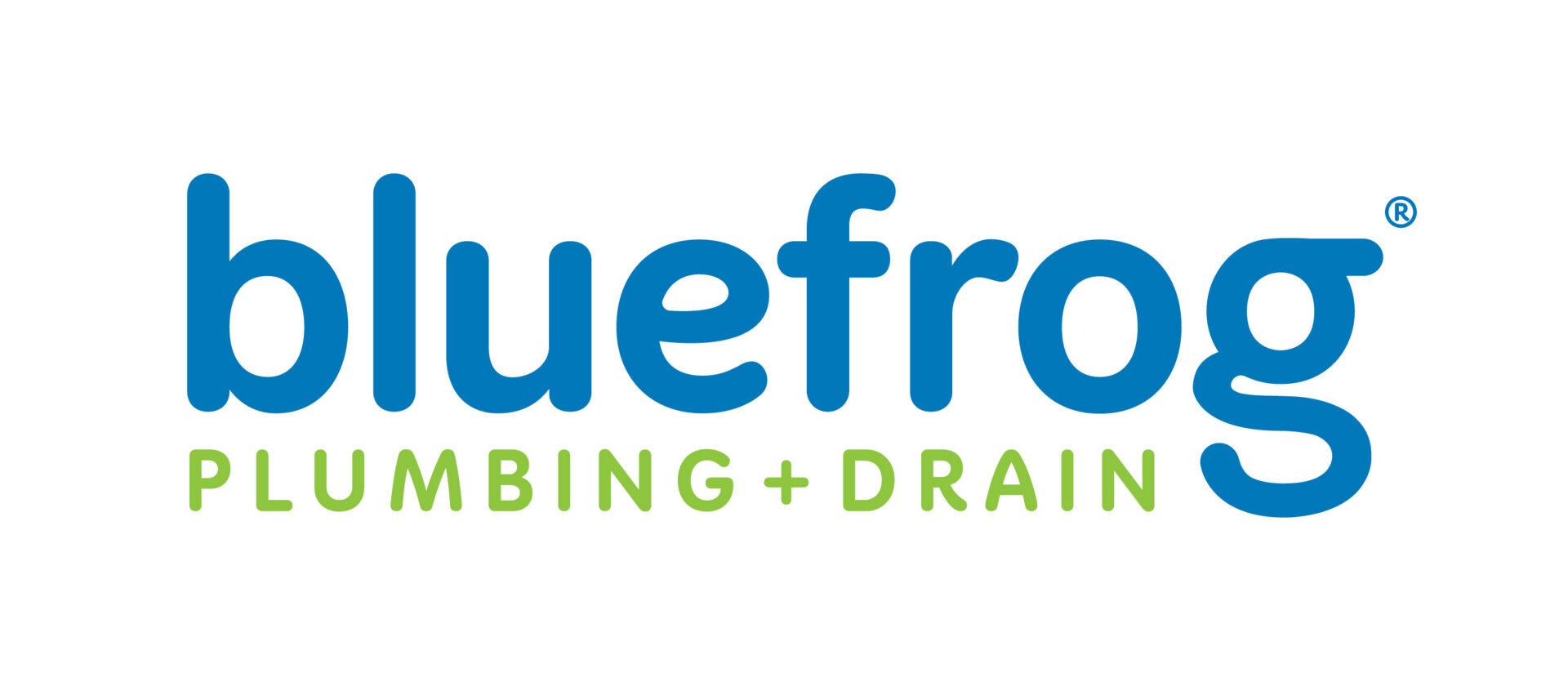Clogged pipes in the laundry room can cause many issues, from poor washing machine drainage to backups into the washing machine or laundry room sink. Powdered laundry detergent is a common culprit. However, the good news is that there are simple ways to prevent these clogs and keep things flowing smoothly.
Liquid vs. Powder Laundry Detergents
Both liquid and powder laundry detergents contain surfactants that allow water to lift away stains and debris. However, each type of detergent has unique properties. Liquid detergents mix easily with water of any temperature due to their form. They’re a popular choice because they are simple to measure and can be used to pretreat stains.
A powdered detergent is a grainy solid that dissolves in water. It’s often more cost-effective than liquid products. Some people also prefer powder detergents because they typically come in easy-to-recycle cardboard packaging rather than a plastic bottle.
Why Powders Increase the Risk of Clogging
Although they have benefits in terms of cost and packaging, powdered detergent can increase the risk of a clogged drain or pipe. When a powdered detergent fails to dissolve completely in the wash, it can leave behind a thick residue in the pipes. Over time, this build-up can restrict water flow or combine with hair and other debris to form clogs.
Powdered detergents dissolve more easily in hot water. As a result, the risk of clogs increases if you wash your clothes in cold water. Using too much powder can also reduce the detergent’s ability to dissolve, making clogs more likely to form.
Is Powder Laundry Detergent Bad for Septic Systems?
Powder laundry detergent can harm septic systems for the same reason it can clog pipes: residue. Undissolved powders can accumulate in septic tanks, leading to backups and other issues.
Do Laundry Pods Clog Washing Machines?
Laundry pods, like powdered detergent, can sometimes clog washing machines. The plastic film they’re wrapped in is meant to dissolve in water.
However, if this film doesn’t break down fully, it can get caught in the pipes and cause clogs. Using laundry pods in cold water washes or in washing machines that aren’t designed for them makes clogging even more likely to occur.
Does Dishwashing Soap Work the Same Way?
Liquid dishwasher soap can easily mix with water, so it’s unlikely to cause clogs. On the other hand, dishwashing soap powders, packs and bars may not dissolve fully. Residues that they leave behind can build up in the pipes and eventually cause clogs.
How to Prevent Laundry Detergent Build-Up in Pipes
To prevent laundry detergent build-up in pipes, follow these tips.
Use the Right Detergent
Liquid laundry detergent is the least likely to cause plumbing issues. Switching to liquid instead of powders or pods can help prevent build-up and clogs, especially if you wash in cold water. Just be sure to choose a detergent that’s made for cold-water use.
Measure the Detergent Carefully
No matter what type of detergent you use, follow the manufacturer’s instructions. How much you’ll need depends on the size of your load. Measure it as precisely as possible to avoid overuse.
Clean Your Washing Machine Regularly
Detergent build-up often begins in the washing machine. Regular cleaning can help remove residue before it makes its way into the pipes. Refer to your machine’s owner’s manual for advice on how to clean your specific model.
Help for Clogged Pipes
Even if you take steps to prevent detergent build-up, clogged pipes can still occur. Early signs of a clog include slow or incomplete drainage, gurgling during drainage and foul smells in the washing machine.
If you notice any of these signs or experience a plumbing backup or leak, bluefrog Plumbing and Drain is here to help. Our team of experienced plumbing technicians is on-call 24 hours per day, 7 days per week and ready to diagnose and solve your plumbing problems. Contact us today to schedule an appointment.
